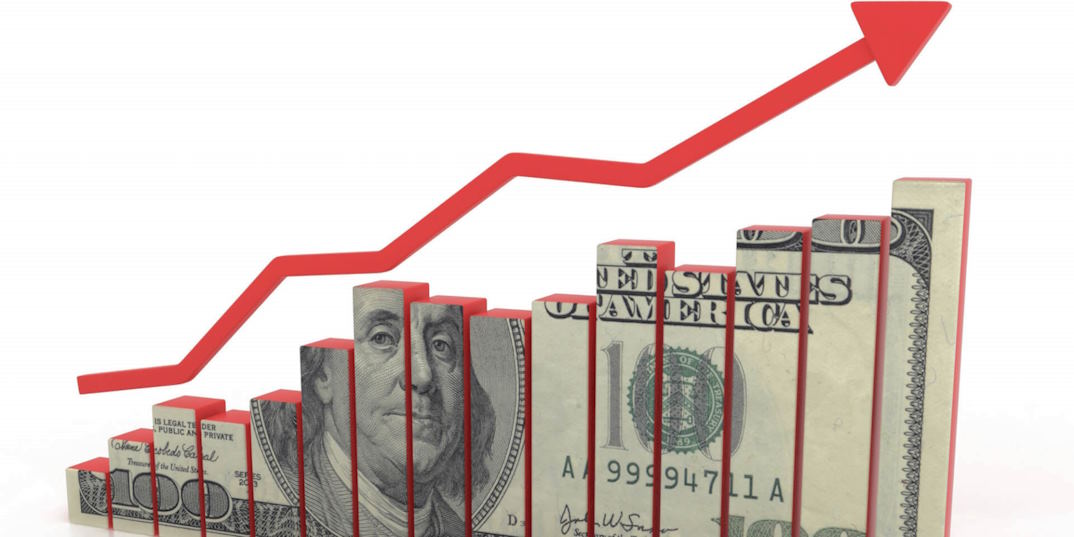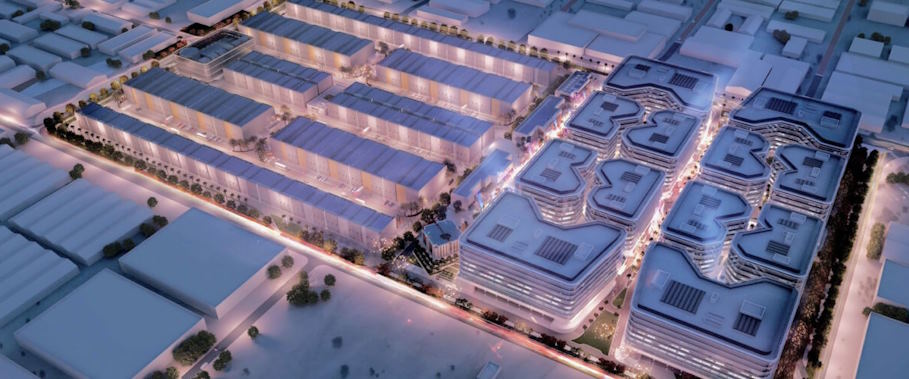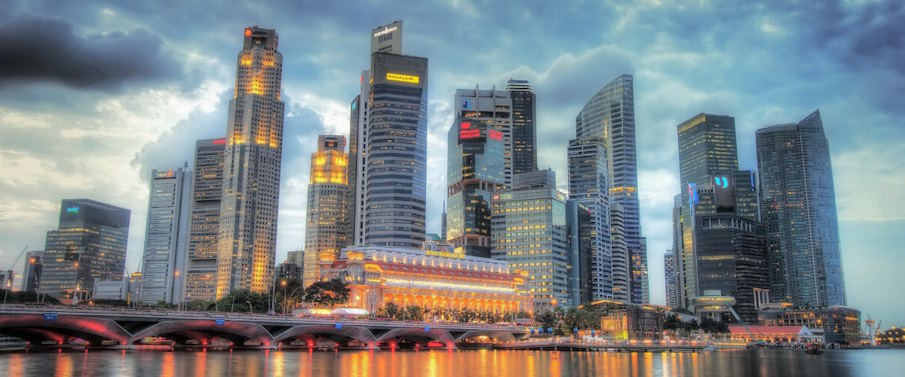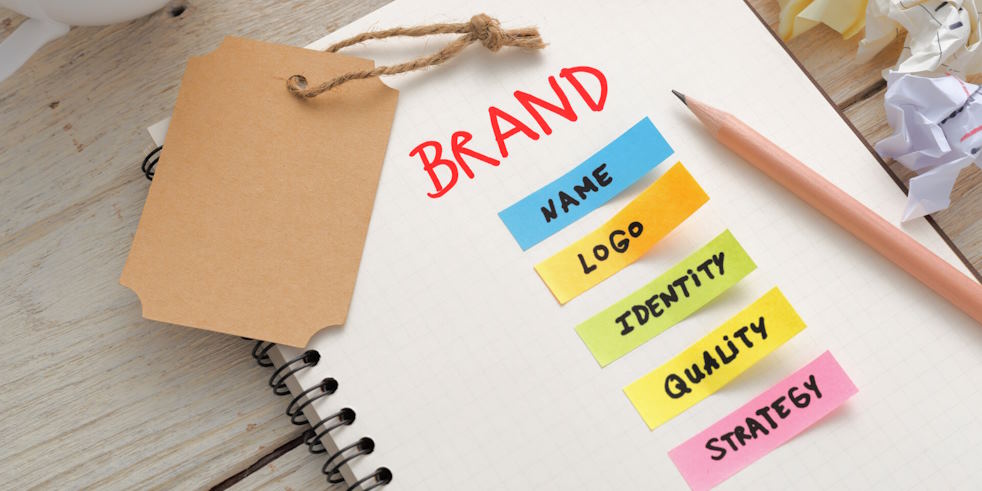Think of improving a city – giving people more opportunities, better living conditions, and less poverty. It is what economic development aims to do. But this journey is like solving a tricky puzzle. Along the way, there are big challenges that can make things difficult.
What are the main challenges of economic development?
Income Inequality and Poverty
Many economies struggle with a gap between the rich and the poor. Some people have a lot of money, while others have very little. It can slow economic progress because when a large portion of the population is poor, it limits their ability to contribute to economic activities and invest in their future.
Lack of Infrastructure
Inadequate roads, transportation systems, and utilities like electricity and water can hinder economic growth. Without proper infrastructure, it’s difficult for businesses to operate efficiently and for people to access basic services.
Corruption and Governance Issues
Corruption, or dishonesty among leaders, can divert resources away from productive investments. Poor governance can lead to mismanagement of resources and a lack of transparency, undermining economic development efforts.
Limited Access to Education and Healthcare
Without proper education and healthcare, people might not be able to participate fully in the economy. Lack of access to education limits skill development, while inadequate healthcare can lead to a less healthy and productive workforce.
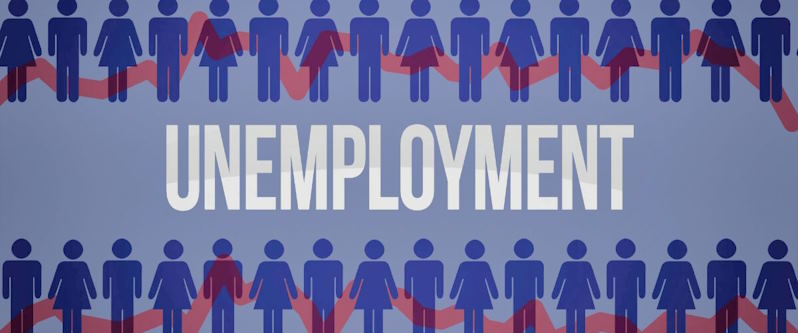
Unemployment and Underemployment
When people don’t have jobs or are stuck in jobs that don’t match their skills, it leads to economic inefficiency. Unemployment and underemployment mean that the economy isn’t using its full potential.
Political Instability and Conflict
Countries experiencing political instability or conflicts face challenges in attracting investments, maintaining stable economic policies, and providing essential services. Conflicts disrupt economic activities and create uncertainty.
Global Economic Factors
Fluctuations in the global economy, trade imbalances, and economic crises can impact a country’s economic growth. Interconnectedness means that events in one part of the world can have ripple effects elsewhere.
Social and Cultural Barriers
Traditional beliefs and practices can sometimes hinder economic development. Gender inequality, for example, limits the participation of women in the workforce and slows overall progress.
Addressing these challenges requires a combination of policies, investments, and collaborations between governments, businesses, and communities. By tackling these obstacles, economies can move closer to achieving sustainable and inclusive development.


